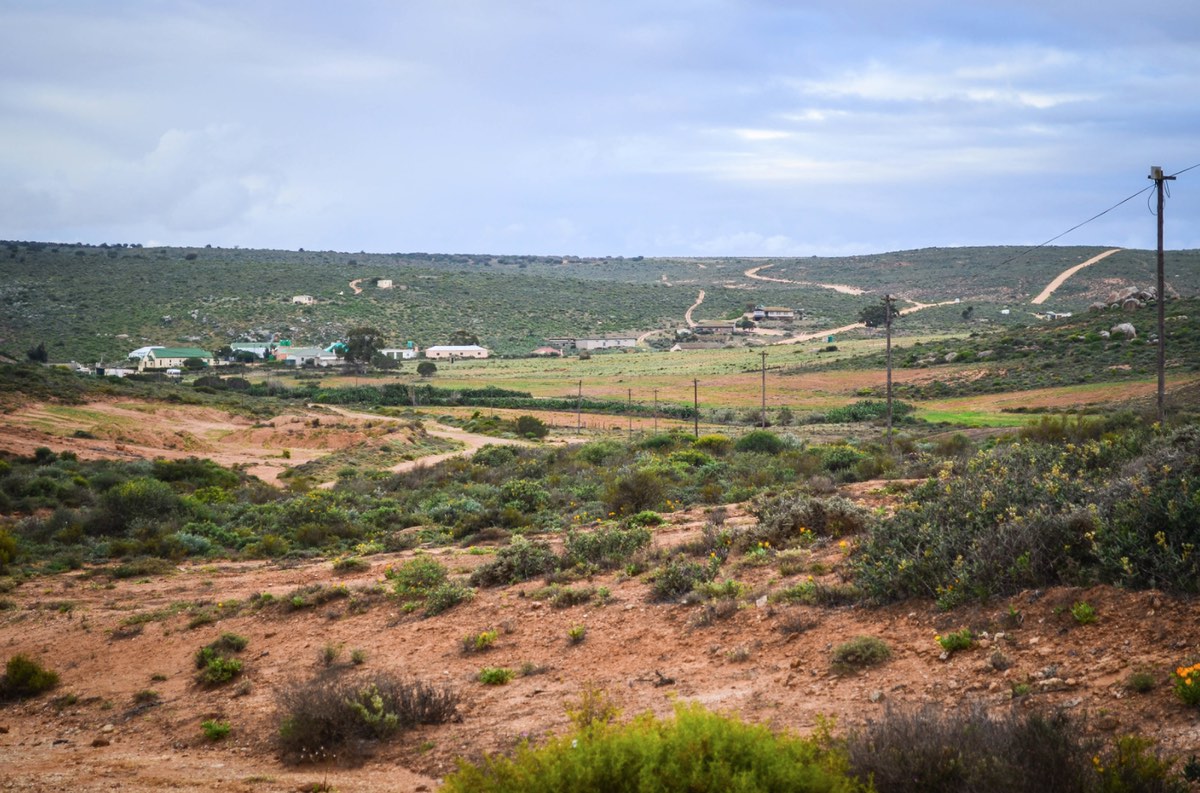Today the DA hosted a successful virtual Land Summit with inputs from various stakeholders from the agriculture sector, civil society and interest groups regarding issues related to the agriculture sector, land reform, land expropriation without compensation, rural safety as well as farm attacks and murders.
Anthea Jeffrey, the Head of Policy Research at the Institute of Race Relations, and Martin van Staden, a legal specialist at Sakeliga, debated property as a Constitutional right and came to the conclusion that without property rights South Africans will not flourish economically.
This was underscored by the various farmers that joined the Summit: David Rakgase; Thembakazi Gwatyu who represented the Gwatyu community; and Pieter Swart. They all highlighted that without title deeds financial investment into their farms are near impossible which makes anything more than mere subsistence farming very difficult. These farmers’ passions for their land and their concern for South Africa’s food security really shone through.
Mr Rakgase finally has the title deed to his land after decades of empty promises from the ANC government, but the Gwatyu community is still struggling to access this Constitutional right. They have pleaded with the Department of Agriculture, Land Reform and Rural Development for years to own the title to the land they’ve farmed for generations but have yet to gain a sympathetic ear from a government intend on disenfranchising their own people.
Prof. William Gumede, governance specialist at Wits University, has done a study on the harm of expropriation without compensation on the economies of Algeria, Tanzania and Zimbabwe – three countries in Africa that have pursued this damaging policy since World War 2. In all three examples the local economies were decimated and have yet to recover. It also led to wide-spread food insecurity and much of all these countries’ budgets are now spent on food imports.
The DA also addressed practical steps to be taken against expropriation without compensation in South Africa. Should this proposal ultimately pass, the DA will certainly challenge the many procedural defects, especially in terms of public participation, in court. The DA will not allow the unholy alliance of the ANC and the EFF to tinker with Section 25 of the Constitution and untangle all Constitutional rights.
The Deputy CEO of Afriforum, Ernst Roets, underscored the need for practical solutions to fight expropriation without compensation and changing Section 25 of the Constitution, while Annelize Crosby, the of Land and Legal at AgriSA, stressed that government’s proposed custodianship of the land would be of tremendous harm to all farmers and that had the many land reform policies been properly employed through the years, there would simply be no need for an amendment of the Constitution.
John Rankin, the Northwest Chairperson of TLU, referred to the amending of the Housing Amendment Act to allow owners of property provided by government to sell their property. What has become abundantly clear from the Summit is that people should own the land they work, and should be allowed to develop it as they see fit in order to grow the local and larger economy and also address the growing problem of unemployment in the country.
The ANC government is not acting in the best interest of all the people of South Africa. They are only acting in their own pursuit of power and greed and to the benefit of their cadres and cronies.

